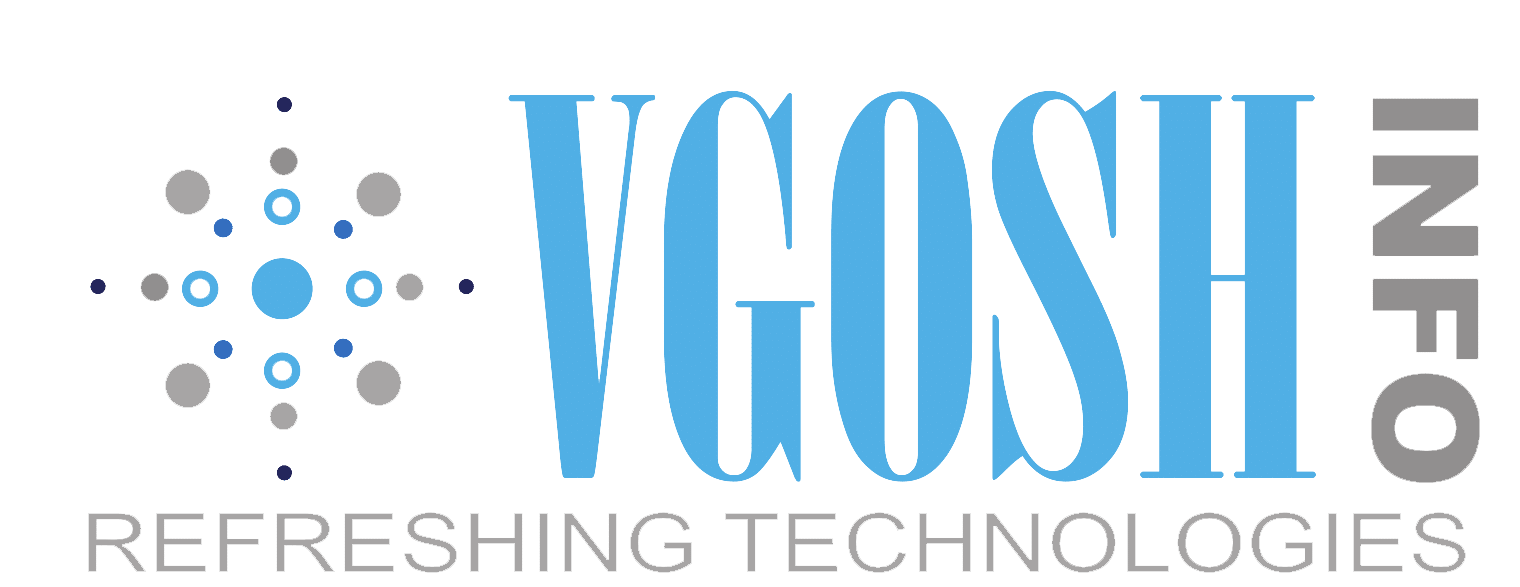Blockchain vs. Conventional Databases: Unveiling Pros and Cons in the Singaporean Landscape
In the ever-evolving realm of technology, the competition between blockchain and conventional databases has been a topic of extensive debate, especially in the context of Singapore’s dynamic digital landscape. As businesses increasingly explore innovative solutions to enhance data security, transparency, and efficiency, understanding the advantages and disadvantages of both technologies becomes crucial.
In this blog post, we’ll delve into the intricacies of blockchain and conventional databases, shedding light on their respective merits and drawbacks in the Singaporean context.
Advantages of Blockchain Over Conventional Distributed Databases
1. Enhanced Security and Immutability
Blockchain’s cryptographic principles make it inherently secure. Each block in the chain is linked to the previous one using a unique hash, creating an immutable ledger. In Singapore, where data privacy is of paramount importance, this feature ensures that once information is recorded, it cannot be altered without consensus from the network. This level of security is unparalleled in conventional databases, where vulnerabilities may expose sensitive data to unauthorized access.
2. Decentralization and Trustless Transactions
Singapore’s thriving business ecosystem benefits from the decentralized nature of blockchain. Traditional databases rely on a central authority to maintain and validate transactions, making them susceptible to manipulation or failure. In contrast, blockchain operates on a peer-to-peer network, distributing control and eliminating the need for intermediaries. This not only enhances transparency but also fosters trust in a transactional environment, aligning with Singapore’s commitment to promoting a robust and trustworthy digital economy.
3. Transparency and Traceability
One of the key advantages of blockchain in the Singaporean context is its ability to provide transparency and traceability throughout the supply chain. From logistics to finance, industries in Singapore can leverage blockchain’s distributed ledger to track and authenticate each transaction or movement of goods. This transparency not only reduces the risk of fraud but also aligns with Singapore’s initiatives to create a smart nation with efficient and accountable processes.
Is Blockchain Better than Traditional Databases?
The question of whether blockchain is superior to traditional databases is complex and context-dependent. While blockchain offers unique advantages, it may not be the optimal solution for every use case. Considerations such as scalability, speed, and cost-effectiveness play a crucial role in determining the suitability of blockchain technology.
Advantages and Disadvantages of Blockchain Data
Advantages:
a. Decentralized Control
Blockchain’s decentralized nature minimizes the risk of a single point of failure. In Singapore, where resilience in the face of technological challenges is vital, this feature ensures that no single entity has control over the entire network, reducing vulnerabilities.
b. Improved Data Integrity
The immutability of blockchain data ensures that once information is recorded, it remains unchanged. In sectors such as healthcare and finance in Singapore, where data accuracy is non-negotiable, this advantage is particularly valuable.
Disadvantages:
a. Scalability Challenges
Blockchain networks, especially public ones, face scalability issues as the number of transactions increases. This can pose a challenge for businesses in Singapore with high transaction volumes, necessitating careful consideration of the scalability aspect.
b. Energy Consumption
The process of validating transactions in blockchain, especially in proof-of-work consensus mechanisms, can be energy-intensive. Singapore, with its focus on sustainability, may need to explore more eco-friendly alternatives or emerging consensus mechanisms.
Key Difference Between a Typical Database and Blockchain
The fundamental difference between a conventional database and a blockchain lies in their architecture and the way they handle data.
1. Centralization vs. Decentralization
In a typical database, data is stored and managed centrally. This centralization poses a risk of a single point of failure, making the system vulnerable to attacks or malfunctions. On the contrary, a blockchain operates on a decentralized network, where each participant holds a copy of the entire ledger. This decentralized architecture not only enhances security but also promotes transparency and trust.
2. Consensus Mechanism
Traditional databases rely on a central authority or administrator to validate and authenticate transactions. In contrast, blockchains use consensus mechanisms, such as proof-of-work or proof-of-stake, where participants in the network collectively agree on the validity of transactions. This not only eliminates the need for a central authority but also ensures a trustless and tamper-resistant system.
3. Immutability
The immutability of blockchain data sets it apart from conventional databases. Once a block is added to the chain, altering the information within that block requires the consensus of the majority of participants. In contrast, traditional databases may be susceptible to unauthorized modifications, posing a significant risk to data integrity.
In conclusion, the choice between blockchain and conventional databases in Singapore depends on the specific requirements of each use case. While blockchain offers unprecedented security, transparency, and decentralization, it comes with its own set of challenges. As Singapore continues to position itself as a technological hub, businesses must carefully assess their needs and weigh the pros and cons of each technology to make informed decisions.
To explore blockchain solutions tailored for the Singaporean business landscape, visit [Blockchain Solutions in Singapore]. This comprehensive guide offers insights into cutting-edge blockchain applications and services designed to elevate your business in the digital era.





